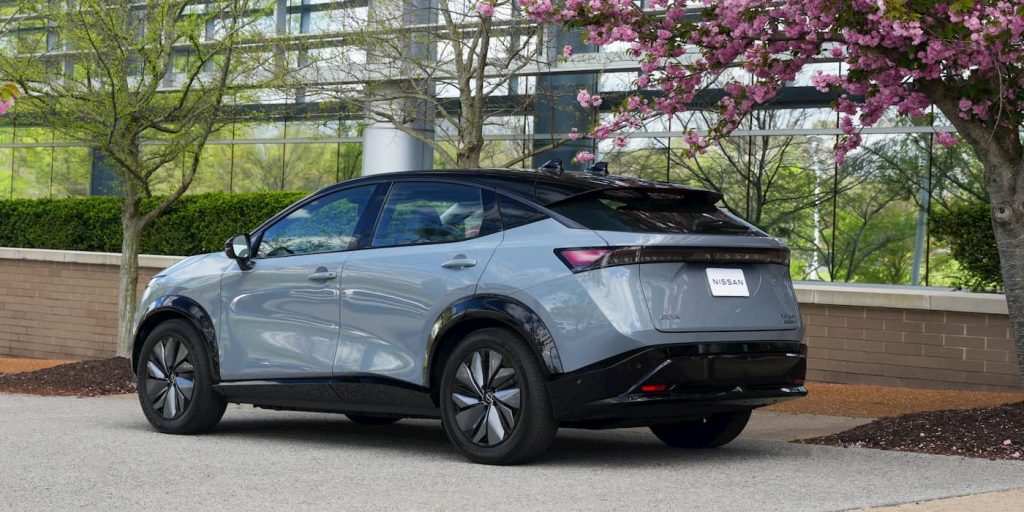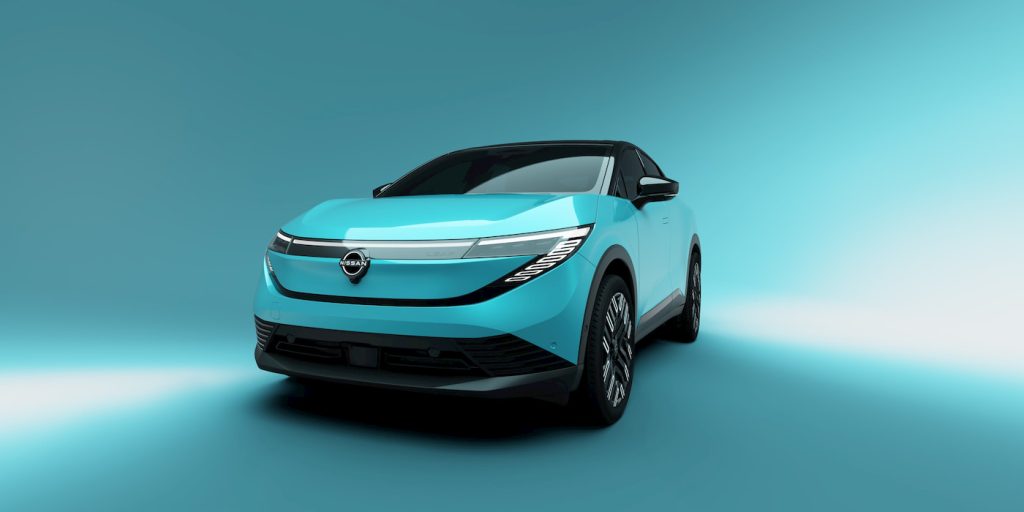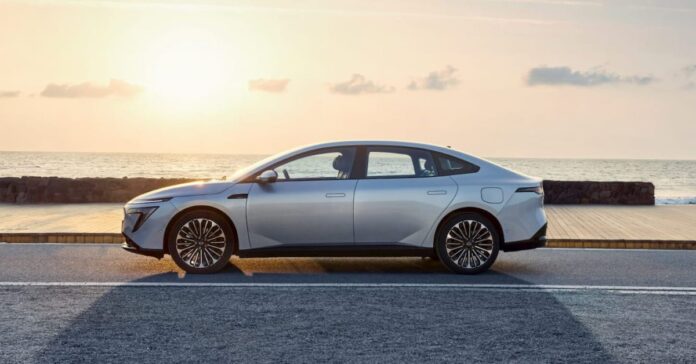As it scrambles to turn things around, Nissan is scrapping plans to build a new LFP battery plant in Japan. The facility was expected to be key to reducing EV battery costs to keep up with leaders like BYD. With alarm bells ringing, Nissan is preparing to cut 20,000 jobs, or about 15% of its global workforce.
Nissan abandons plans for new EV battery plant in Japan
Nissan is scrambling to turn the company around. The Japanese automaker announced on Friday that it will “abandon plans to build a new plant” in Japan that was scheduled to produce lithium iron phosphate (LFP) batteries.
The decision comes as Nissan is “considering all options to restore its performance.” Nissan said it will continue working on a strategy for EV batteries “aligned with market needs” as part of its turnaround efforts.
Nissan just received approval to build the new EV battery plant in Japan from the Ministry of Economy, Trade, and Industry (METI) in September.
The batteries were set to be installed in Nissan’s mini vehicles starting in 2028, part of an investment of over $1 billion (153.3 billion yen).
Nissan was scheduled to receive up to 55.7 billion yen ($384 million) in government support to help build a domestic supply chain.

Like other Japanese automakers, Nissan is facing weaker sales in key markets like China and North America. The company posted a net loss of 671 billion yen ($4.5 billion) for the fiscal year ending March 2025.
The new LFP plant was expected to help Nissan cut EV battery costs by 20% to 30%, with up to 5 GWh annual production capacity.

Later this year, Nissan will launch the next-gen LEAF in the US and Canada. After unveiling the updated EV in March, Nissan claimed the new LEAF will have “significant range improvements.”

Nissan dropped the iconic hatch design for a more crossover-like profile. It will also come with a native NACS port to access Tesla Superchargers.
Although official specs and pricing will be revealed closer to launch, Nissan’s vehicle programs chief, Francois Bailly, told TopGear.com that the new LEAF is expected to have 373 miles (600 km) driving range (WLTP).
Update 5/13/25: Nissan announced plans to cut 20,000 jobs globally by fiscal year 2027, more than double the 9,000 it previously announced. Last year, Nissan had over 133,000 employees.
The reduction is part of its new recovery plan, “Re:Nissan,” launched on Tuesday to cut costs and improve efficiency. Nissan aims to cut costs by 250 billion yen to return to profitability by fiscal year 2026.
By FY27, Nissan will close seven production plants, including one in Thailand. The other plants have yet to be announced, but the company said it will consolidate global production plants from 17 to 10.
Despite this, Nissan said it will still collaborate with partners, including Mitsubishi, which will use the next-gen LEAF as a basis for a new EV in North America.
This is a developing story. Check back soon for the latest information.
Electrek’s Take
Although Nissan cited “market needs” and is looking to cut costs as part of its turnaround plans, abandoning the LFP battery plant will likely only set it back further in the long run.
BYD and other leading EV brands are quickly gaining market share in key regions like Southeast Asia, Central, and South America, as well as parts of Europe, where Japanese automakers like Nissan and Toyota generate a good portion of sales.
Now, BYD is taking aim at Japan. The Chinese automaker plans to launch its first mini EV, or kei car, next year, which is expected to be “a huge threat” to Japanese automakers.
Nissan’s decision comes a day after Toyota’s President, Koji Sato, said the company is “reviewing” plans to sell 1.5 million EVs by 2026.
Source: Nikkei, Nissan


